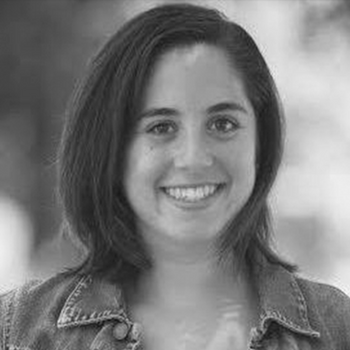Freddie Gray law course returns to UMD, this time for undergrads
Amidst the onset of the trial against Officer William Porter last week over the death of Freddie Gray , the University of Maryland announced it is bringing its “Freddie Gray’s Baltimore” class to the school’s undergraduates.
Offered as MLAW374 as a part of the school’s undergraduate pre-law minor, the course description says the one-credit class aims to observe “the social context for police abuse and urban uprising,” as well as the “issues pertaining to Freddie Gray's death including in areas of: criminal justice, police-minority community relations, housing, schools, and access to health care.”
Although the College Park campus is a bus ride away from the Baltimore law school, one of the course’s professors, Robert Koulish maintains, “the events that took place in Baltimore could happen in Prince George’s County, they could happen anywhere,” The Diamondback reported. “Now is a great time to facilitate these discussions and for our discussions to have a real world application.”
Michael Greenberger, the course’s co-instructor who taught the class at the law school, also thinks the course will be a relatable one for undergraduate students because “the inadequacies…in social programs for inner-city residents — are a national issue, and there is a lot of social and public policy involved,” he told The Diamondback. “There’s a lot of thinking and a lot of research that needs to be done, and I think students can contribute a lot.”
Greenberger also credited the law class for reminding students why they are attending law school and believes that the race-relations class will have a similar effect on undergraduates. “I know a lot of the law students felt it gave them a grounding and reinforcement as to why they’re in law school and what they should be thinking about for their futures and careers,” he said. “I think it’s important for the undergraduates of College Park, as well, to be exposed to one of the critical social issues of our time.”
Jenna Williams says she shifted all of her classes around in order to take MLAW374 next semester. The junior says she was prompted to register for the class as a result of the time she spent in Baltimore campaigning for the primary gubernatorial race prior to the Freddie Gray incident.
“I think it's important that we see both sides of the story, from a sociological view and from a legal view. I think this class will not only discuss the legality of the situation, it will tackle the background of Baltimore and the historical implications, to help us understand why this happened,” she told Campus Reform.
According to Williams, the professors and guest speakers already have ample information about the pending trials to teach a class.
“With as long as it's been since the incident, I feel like we have a ton of information. I guess when it comes to ‘facts,’ that's the issue with legality. The facts are testimony, video, etc. We have all of that.”
Kristen Pellicot, another of the 70 students registered to take the course this spring, says the issue is “close to home” after having grown up only 20 minutes from West Baltimore.
“While I have never experienced systemic racism and could never attempt to understand it, I think it's valuable to discuss the circumstances surrounding Freddie Gray's life and death, and analyze how monumental the handling of this case may be,” she said.
Still, Pellicot has expressed concerns over the case’s “highly controversial and polarized nature.”
“I think it's fair to say that there will be an inherent bias, depending on who the guest speakers are,” she said told Campus Reform. “Since they will be framing the course and driving the discussion, their opinions and areas of expertise will impact the slant.”
However, Sam Wallace, a senior enrolled in the MLAW minor, says he would not take course out of concern that there may be “an obvious bias towards one side of the situation.”
“Seeing the reaction from the liberal academic community to the Freddie Gray case and many other instances of police-related deaths of black Americans would leave me to believe this class will not lead to a discussion of policing that fosters real debate and discussion on the issue of the relationship between Baltimore’s Black community and the police,” the Government and Politics major said.
Unlike Williams and Pellicot, Wallace does not believe the class will help students address the ongoing case. Rather, he thinks the class “will be a three hour per week demonization of the Baltimore Police Department and of police in general.”
Follow the author of this article on Twitter: @ericabau2

